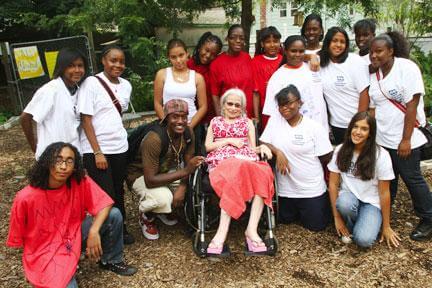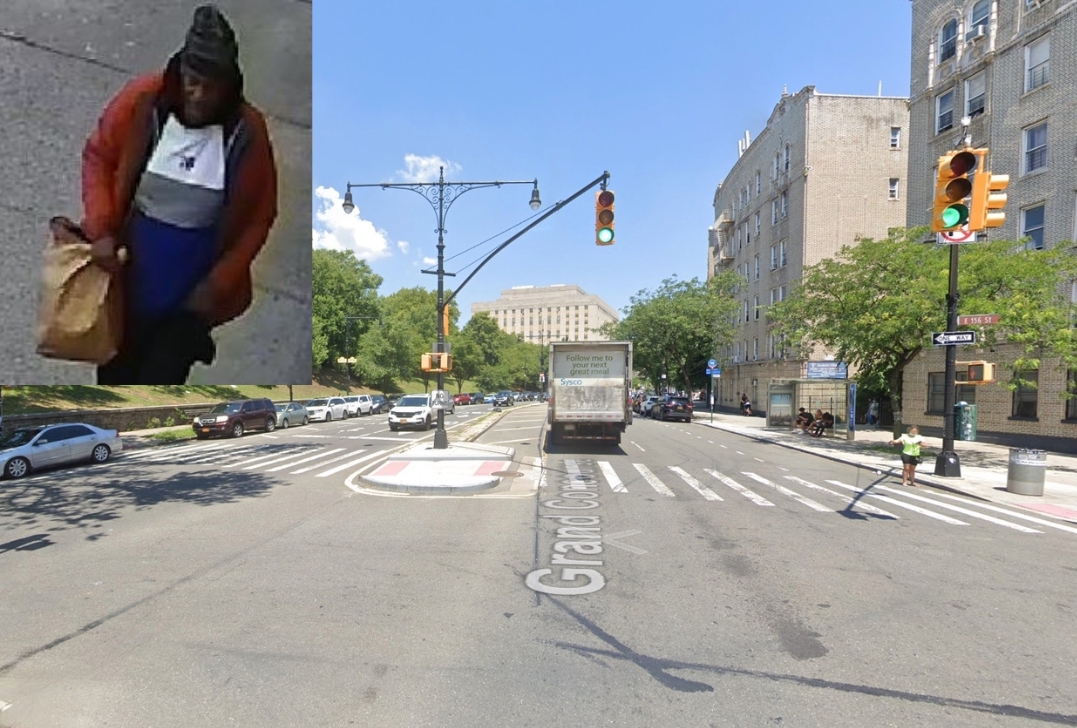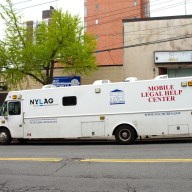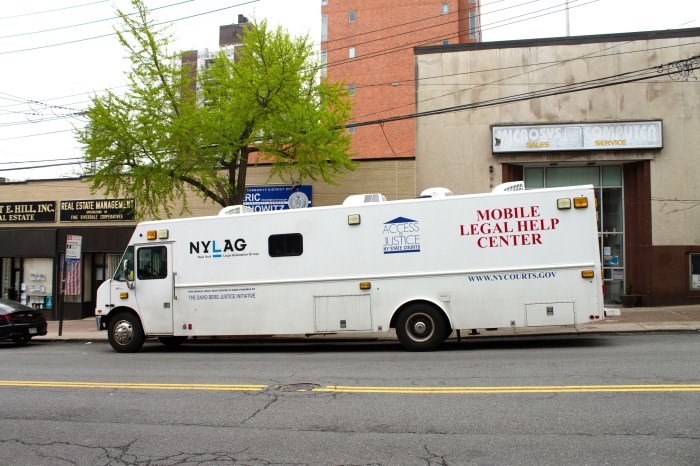That year, rather than throwing in the towel, Scalera decided to transform the neighborhood’s sore spot into an outdoor oasis.
Due to years of neglect, the five-block space, which abutted the #2 subway line, adjacent to the 239th Street train yard, had become an illegal dumping ground and popular hang out for community prostitutes and drug dealers.
Though she wasn’t initially sure how to bring her vision of a community garden to life, she knew it was her duty.
Scalera explained that before her mother passed away, she told her never to let that piece of land out of sight.
Scalera transitioned her focus from the 4300 Wickham Block Association, where she’d been active for more than five years, to begin Bissel Gardens.
Through efforts from the NYC Department of Sanitation and numerous community volunteers, approximately six cars, four vending machines and several large piles of rubble were removed from the site as well as two feet of garbage.
“I think it goes to say it really does take someone who is enthusiastic and can envision what it could be,” Meg Hunnewell, Bissell Gardens treasurer, said, of how work was finally completed at the site.
Since the initial revitalization of the land, five distinctive gardens have been established on the property that spans from Baychester to Byron avenues.
In addition to supplying local soup kitchens with fresh fruits and vegetables, Bissell Gardens also plants, grows or nurtures back to life between 1,000 to 3,000 trees each year.
While Scalera’s debilitating disease prevents her active involvement with the project, Le Count said, “She’s still the founder and the spirit of the organization.”
As Scalera looked around the prosperous gardens during the recent Bissel Garden Annual Picnic celebrating local youth efforts to continue her dream, she proudly stated, “MS doesn’t mean you can’t do anything.”
Having known and worked with Scalera at Bissel for the past two years, Hunnewell explained that not once did the project’s mastermind let her illness obstruct her dreams. Similarly, she never shows her pain to those around her.
“You’re not aware of anything except for her zest for life,” Hunnewell commented. “I just think she is one of the most unusual and inspiring people I’ve ever met.”
As for the project’s extreme success, Scalera said she was just following orders. “My mom said, ‘Do something with it,’ so I did.”






















